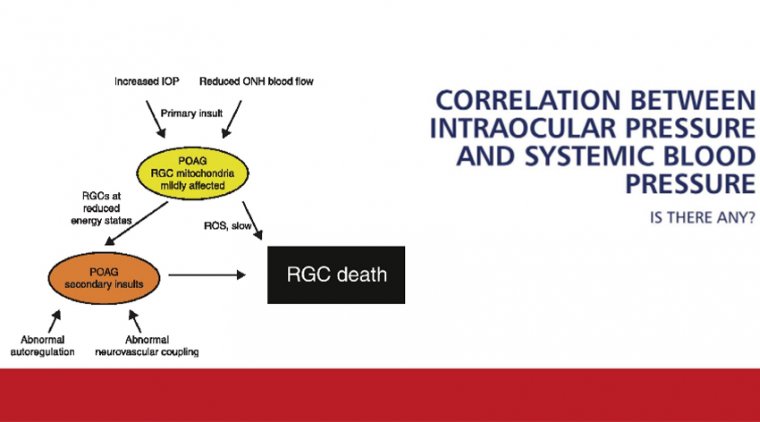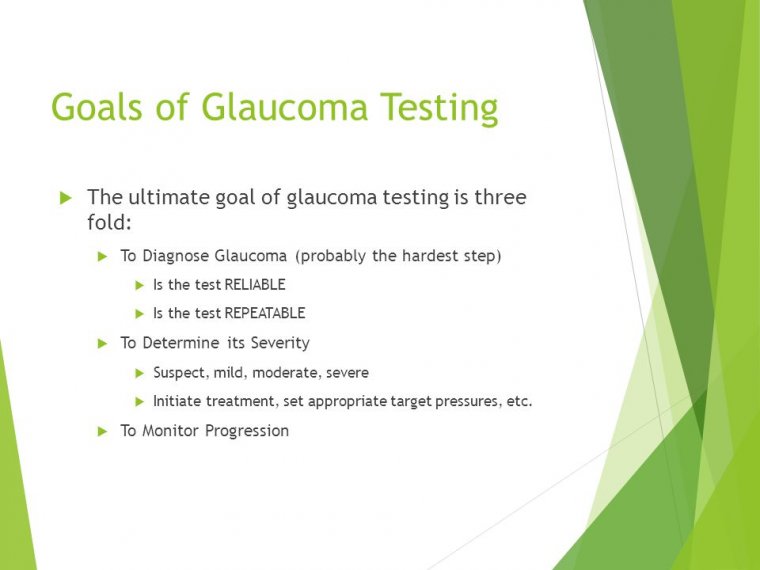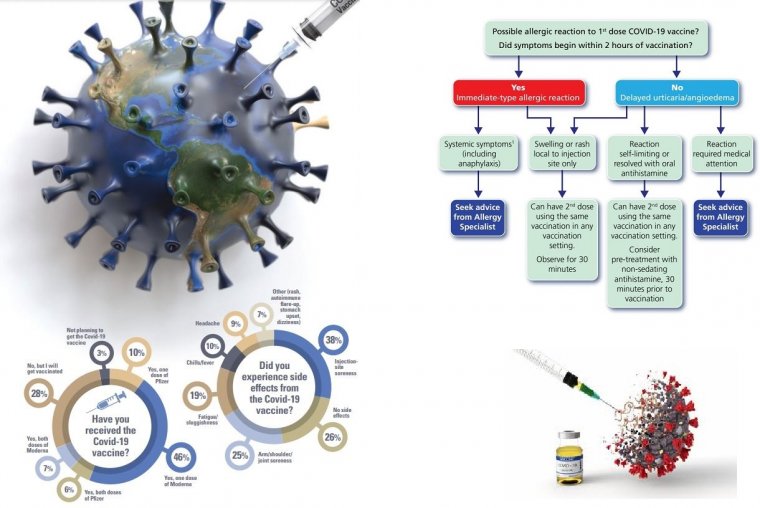
New Study Highlights Advances in Retinoblastoma Treatment for Children
Recent research presented at the Society of NeuroInterventional Surgery's (SNIS) 21st Annual Meeting underscores significant improvements in treating retinoblastoma, a rare eye cancer affecting young children. The study reveals that advancements in treatment over the past 15 years have notably increased the chances of vision preservation without compromising survival rates.
Evolution in Treatment
Retinoblastoma, which can lead to impaired vision or the removal of one or both eyes if left untreated, has seen a transformative shift in its treatment approach. The study, published in the Journal of NeuroInterventional Surgery, titled "Advancement in Super-Selective Catheterization and Drug Selection for Intra-Arterial Chemotherapy for Retinoblastoma: A 15-year Evolution," reviews the evolution of intra-arterial chemotherapy (IAC). This method delivers chemotherapy directly to the affected eye, aiming to preserve vision and improve survival rates.
Research Findings
The research team, including neurointerventionalists from New York-Presbyterian Hospital/Weill Cornell Medicine and ophthalmologic oncologists from Memorial Sloan Kettering Cancer Center, analyzed medical records of 571 patients across three five-year cohorts. Key findings include:
● Of 2,402 IAC sessions attempted, 2,391 (99.5%) were successful.
● Success rates for super-selective catheterizations improved from 80% in the earliest procedures to 89.2% in the most recent.
● Procedure complication rates remained low: 0.7% in the earliest cohort, 1.1% in the middle cohort, and 0.6% in the most recent cohort.
● The proportion of children receiving a three-chemotherapy drug combination increased from 21% in the earliest cohort to 66.7% in the latest.
The study also introduced a stepwise algorithm to enhance direct vascular access to the ophthalmic artery.
Expert Commentary
Dr. Gary Kocharian, Neurosurgery Chief Resident and Endovascular Neurosurgery Fellow at New York-Presbyterian Hospital, expressed pride in the advancements: “We are proud to share our history of ongoing success in using this minimally invasive method to care for some of our youngest cancer patients.”
Dr. Y. Pierre Gobin, a pioneer in this field, added, “Giving children the opportunity to both keep their eyesight and beat this disease is life-changing for families across the world. We look forward to seeing what innovations are made in the next 15 years.”
Reference
Gary Kocharian et al, Advancements in super-selective catheterization and drug selection for intra-arterial chemotherapy for retinoblastoma: a 15-year evolution, Journal of NeuroInterventional Surgery (2023). DOI: 10.1136/jnis-2023-020109
(1).jpg)










